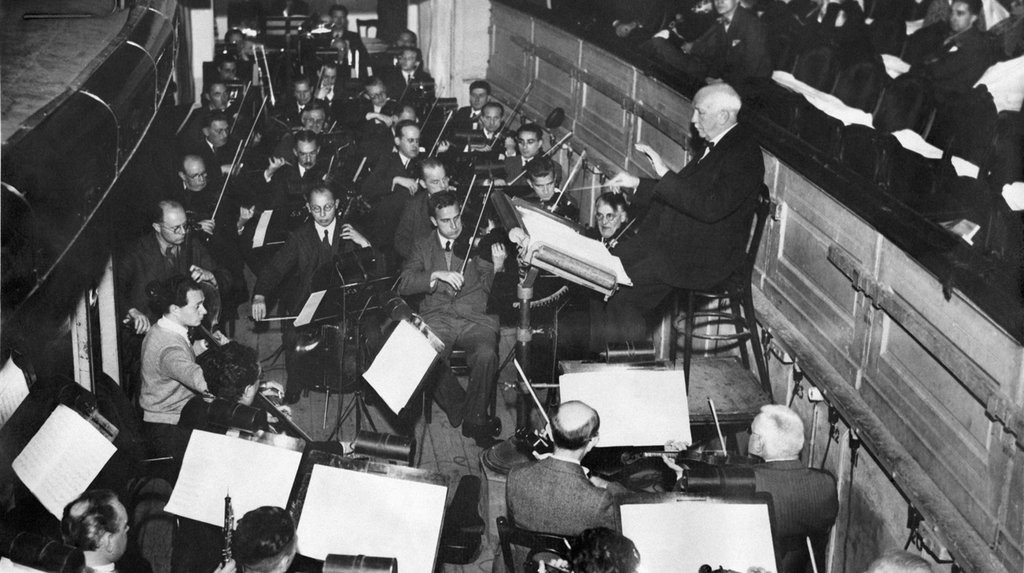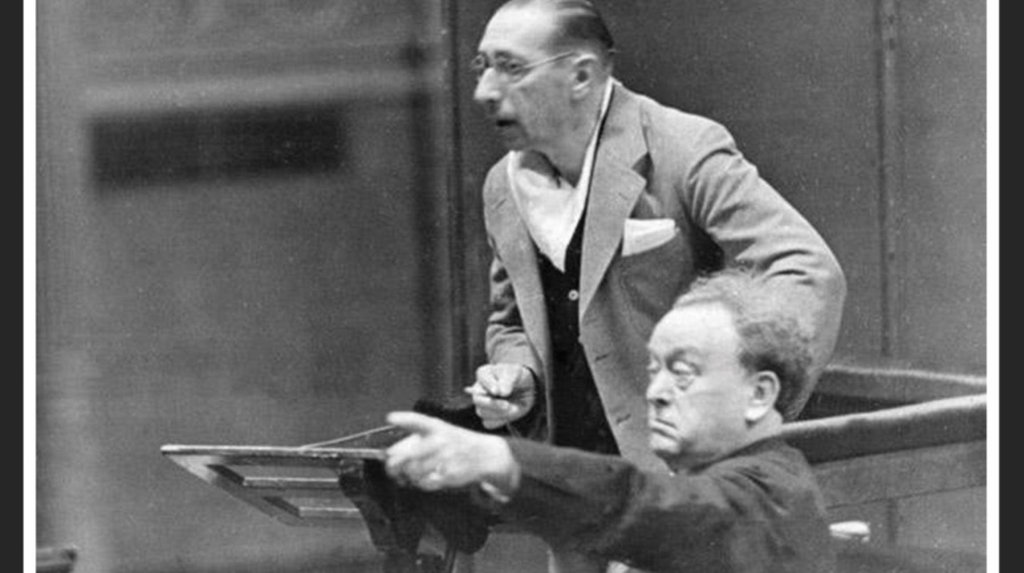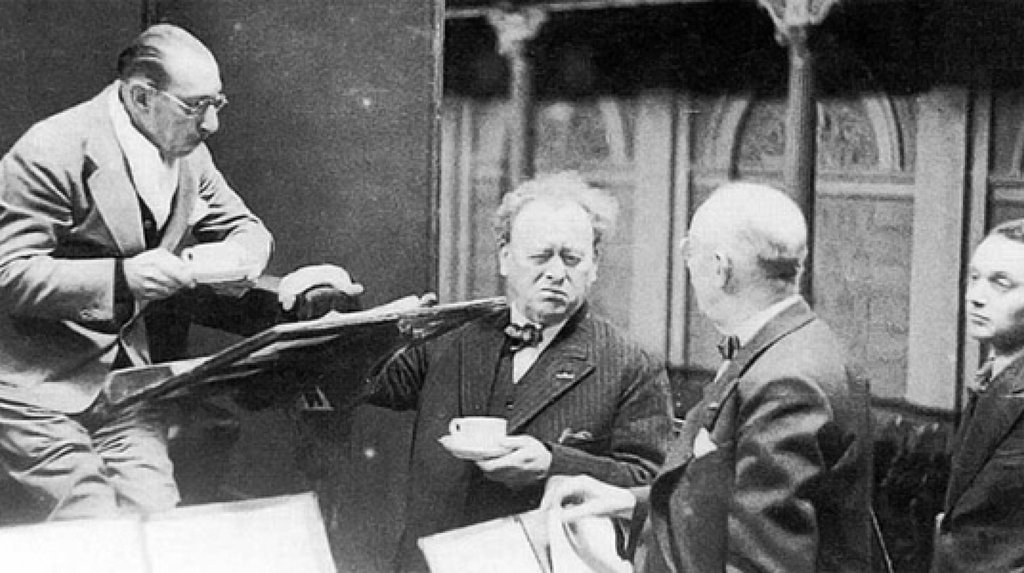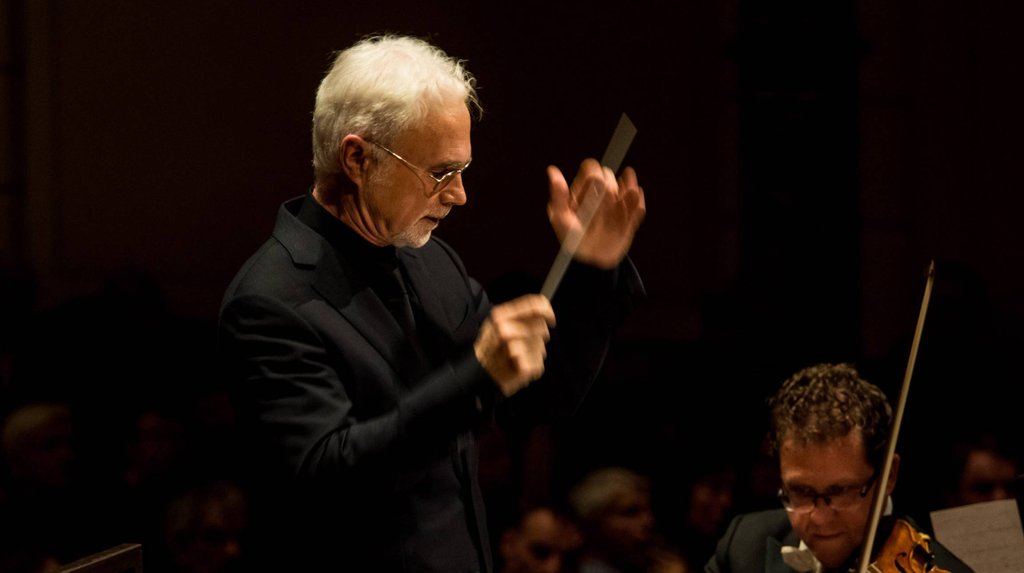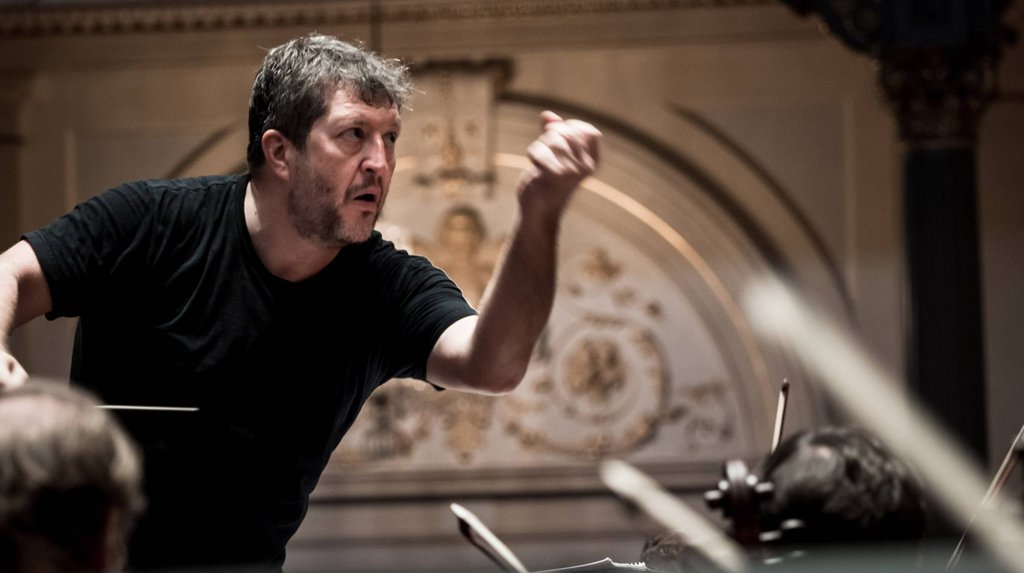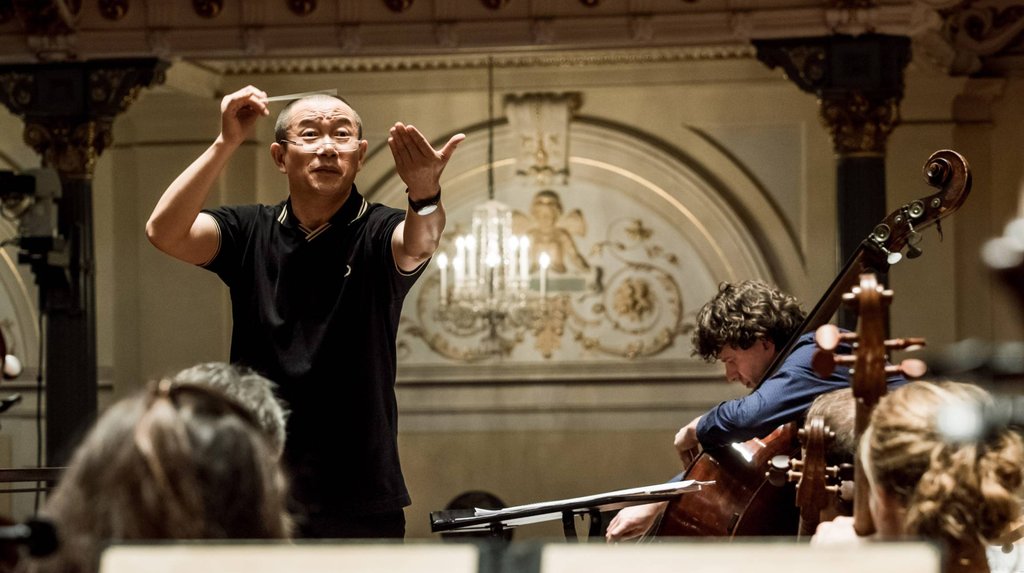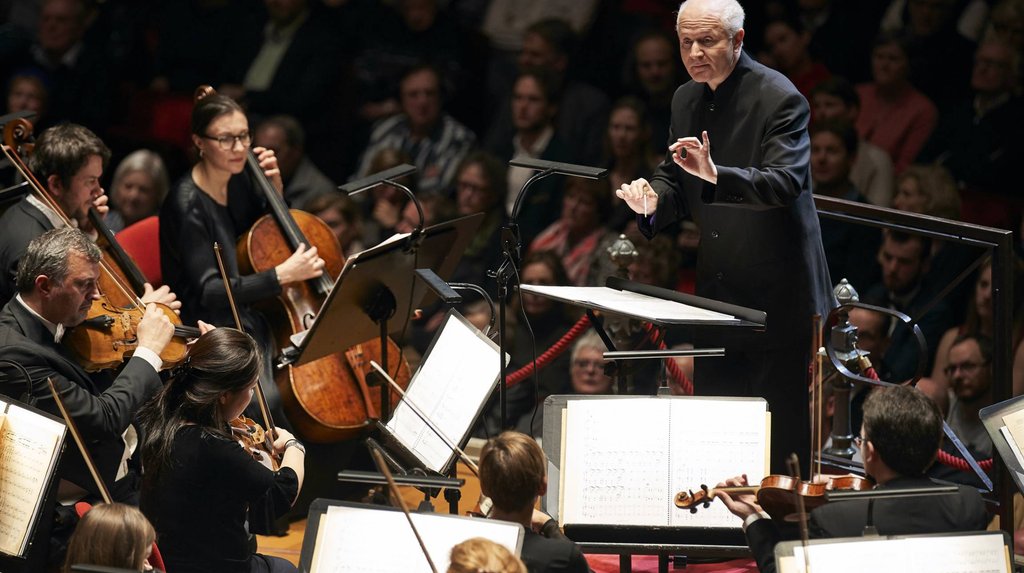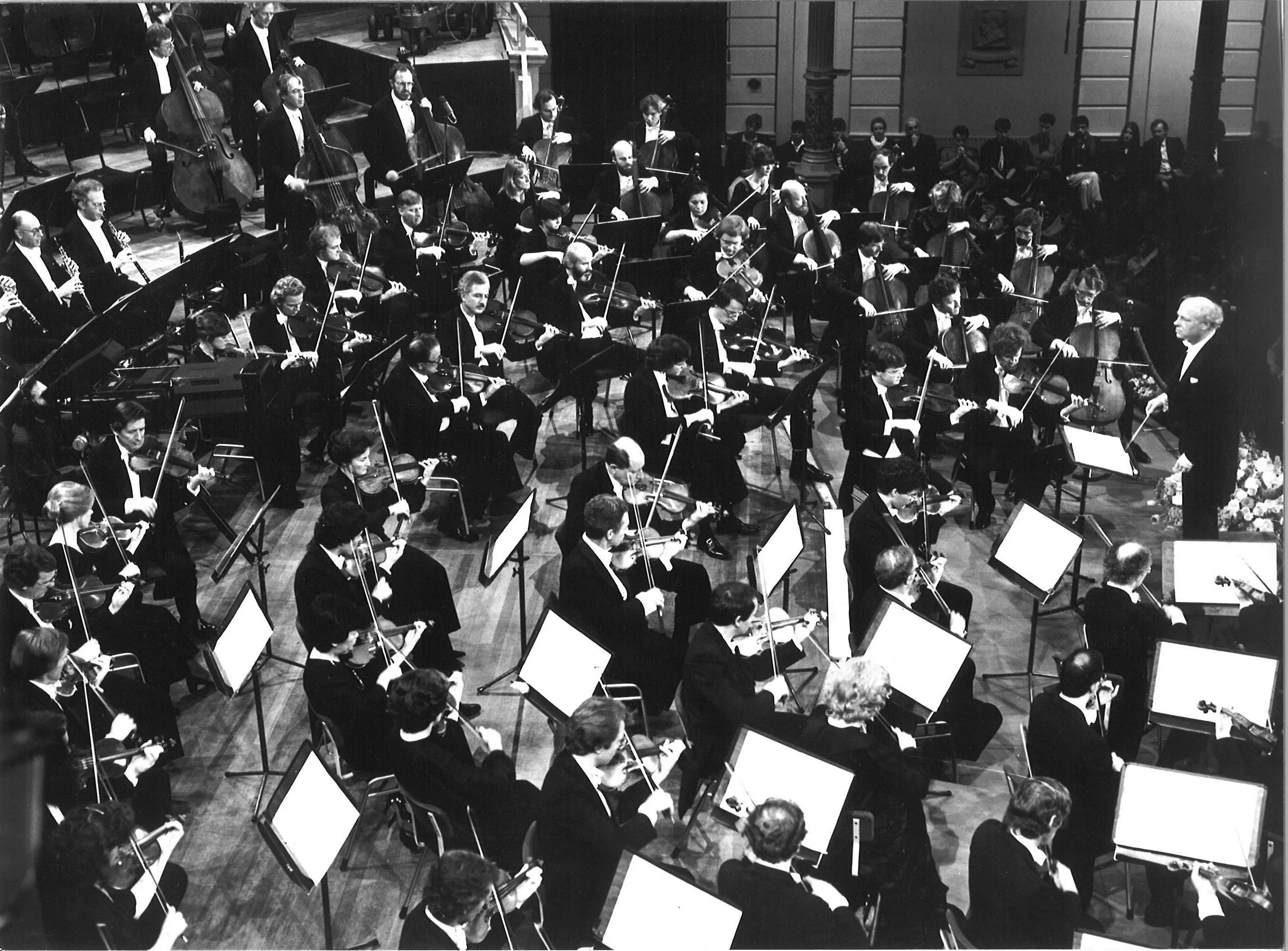
Since 1888
Outstanding musicians, great conductors, special relationships with composers and an exceptional hall. Discover all the key elements making up 135 years of history.
Our history in sixteen minutes
A portrait of the Concertgebouworkest in seven chief conductors.
A distinctive sound
The distinctive sound of our orchestra has been intimately connected to the famous acoustics of the Concertgebouw’s Main Hall since its founding in 1888. Our musicians, who are among the best in the world, are able to use the hall’s potential to maximum effect. To hear each other on stage, they must listen to each other exceptionally well, as if they are playing chamber music. This is how our homogeneous and transparent orchestral sound is created.
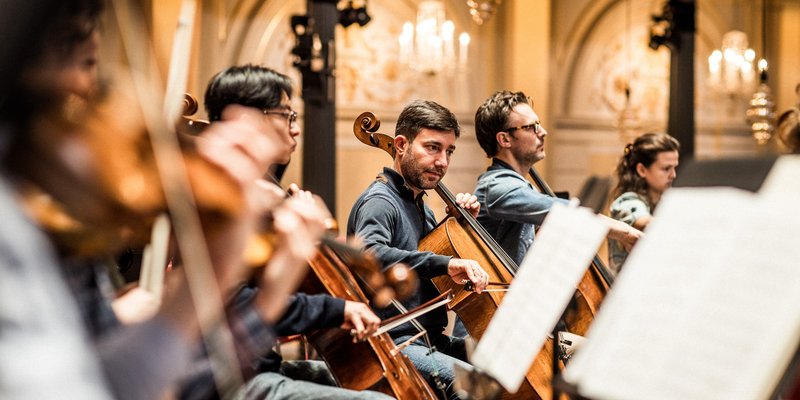
In this orchestra, I hear everyone around me taking risks – playing softer, faster or slower than you could think possible. It’s only with the trust of those around you that you can be free to test those limits. And it’s that trust which I always feel here.
Chef-dirigenten
Since its founding in 1888, the orchestra has had only seven chief conductors. On 10 June 2022, it was announced that Klaus Mäkelä will become our eighth in 2027.
After World War II, Eduard van Beinum brought the symphonies of Bruckner and French music to the audiences again. Bernard Haitink refined the orchestral sound from the 1960s to 1988, broadened the repertoire, and made a great impression with the Christmas Matinees broadcast on TV in numerous European countries. In 1999, he was appointed Honorary Conductor.
Riccardo Chailly gave an important impetus to the interpretation of contemporary music and opera between 1988 and 2004. Under Mariss Jansons, from 2004 to 2015, much attention was given to composers like Shostakovich and Messiaen. Daniele Gatti created space for French repertoire and the Second Viennese School.
Our versatile future chief conductor, Klaus Mäkelä, brings a focus on Mahler, Stravinsky, French music, and new compositions.
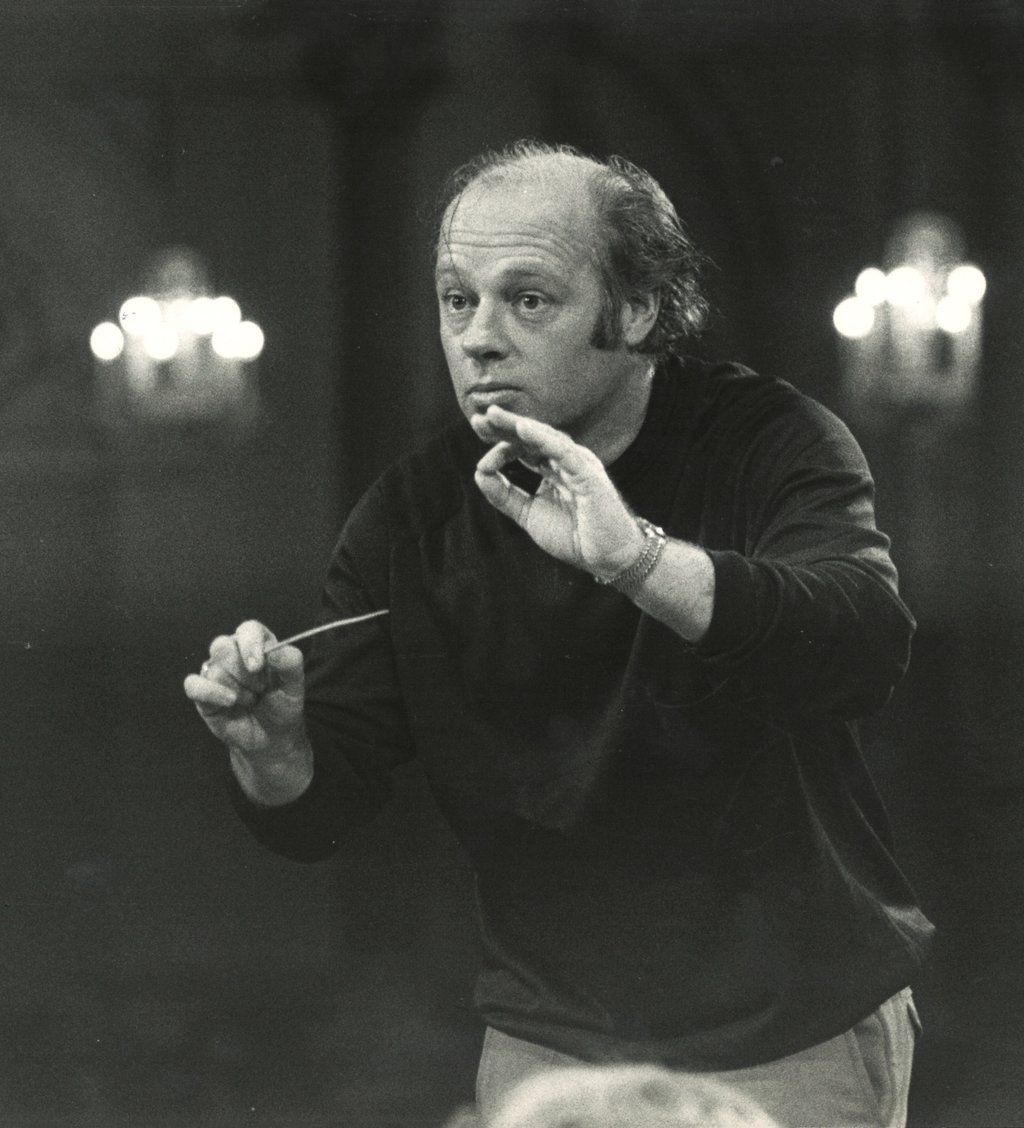
Gastdirigenten
Collaborations with world-renowned guest conductors and specialists further contribute to the sound and great flexibility of our orchestra. We owe a great debt to Eugen Jochum and Kirill Kondrashin, and Nikolaus Harnoncourt was very important for the orchestra’s reputation on 18th-century repertoire. Iván Fischer has been our Honorary Guest Conductor since the 2021/2022 season.
Componisten dirigeren
In addition to Strauss and Mahler, such composers as Schoenberg, Debussy, Stravinsky, Ravel and Milhaud also conducted the Concertgebouworkest. The tradition is very much alive and well today, too, with contemporary composers regularly leading the orchestra in their own compositions. In recent years, John Adams, Thomas Adès, George Benjamin and Tan Dun have followed in the footsteps of such composer–conductors as Bruno Maderna, Witold Lutosławski, Otto Ketting, Luciano Berio, Pierre Boulez and Hans Werner Henze.
